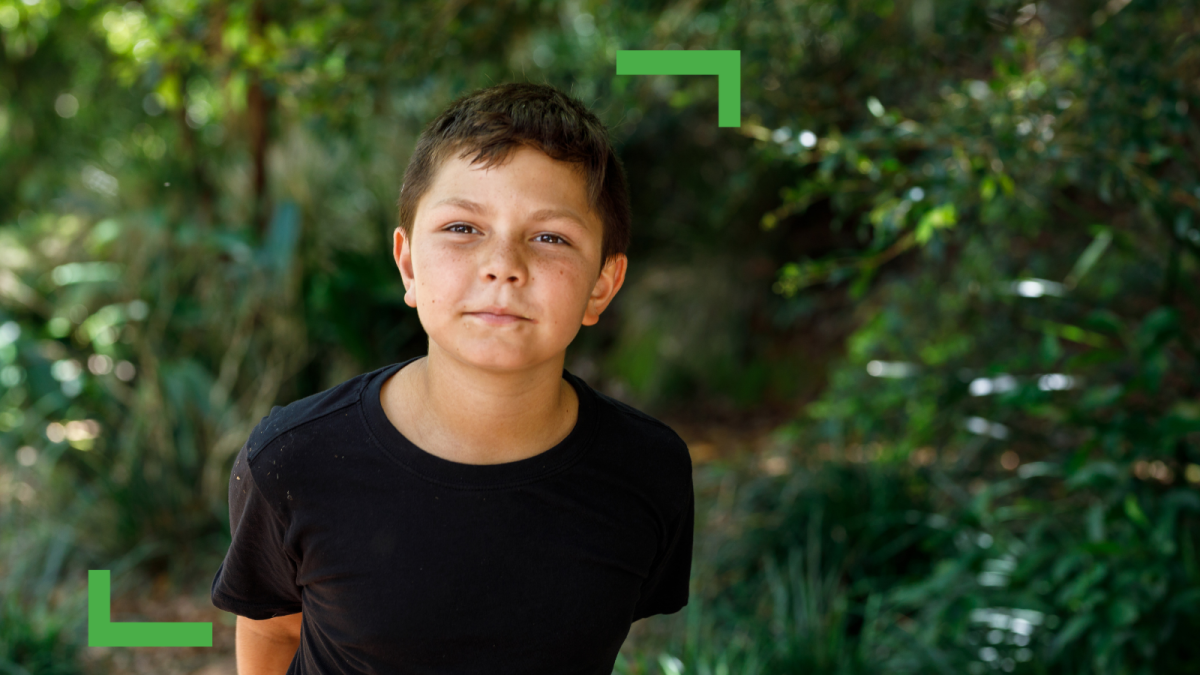We can do better than placing children in prisons.

We know that children do best when they are in an environment where they are supported, nurtured. Yet in Australia, more than 500 children aged 10 to 13 years are convicted of crimes each year and sent to prison.
When children as young as ten are forced through a criminal legal process at such a formative age, their health, wellbeing and future are all impacted. Australia’s low age of minimum criminal responsibility is well out of step with international standards.
The United Nations Committee on the Rights of the Child has called on countries across the globe to raise the age of criminal responsibility to at least 14 years old. They argue imprisoning children increases their likelihood of them returning to jail later in life, severely stunts their development and disproportionately affects Aboriginal and Torres Strait Islander peoples.
Aboriginal and Torres Strait Islander children account for 65 percent of children in prisons.
Every child deserves to be healthy and to reach their potential. To achieve this goal, more must be done to ensure children receive help and support including better access to mental health care, mentoring, education, and employment opportunities.
The best way to support children and make our communities safer, is to support and build the capacity of families, engage and support kids to stay in school, address family violence and housing instability, and identify and respond to health and disability needs.
We encourage law makers to work together to raise the age of criminal responsibility to a minimum of 14 in line with international standards.
As a provider of out-of-home Care to over 2,200 children in foster, kinship, and residential care across Australia, we are deeply committed to the rights of children and firmly believe it is vital to support legislative change.
Chief Executive Claire Robbs says Life Without Barriers has a deep understanding of the unequivocal links between children in the child protection, the youth justice system and that the current age for criminal responsibility in most states is far too young.
“Children under the age of 14 are minors in every other aspect of law and society. We don’t consider them able to make decisions and accept the responsibility of driving a car or voting. In most states children can’t even consent to healthcare about themselves until 14, yet our legal system currently says they can commit a crime and be placed in prison. Incarcerating children is counterproductive to our future society, and it does not work. It has been proven to entrench offending or at best achieve no reduction in the rate or severity of future offending.” Robbs said.
Our Strategy 2025 seeks to Influence Systemic Barriers. Our goal is to partner to help communities and law makers recognise that children need therapeutic and supportive environments – not prisons.
Over the next 5 years, we will continue to engage in positive and constructive advocacy to improve social policies that impact people across a range of circumstances and communities in which we live and work.
Resources:
You can read more about the campaign here
Sign the #RaiseTheAge petition here
Watch In My Blood It Runs here
Life Without Barriers Media release

Image: #Raisetheage logo


